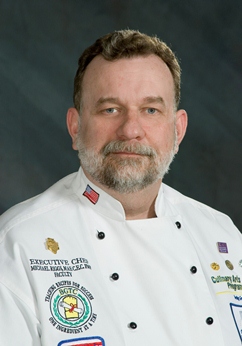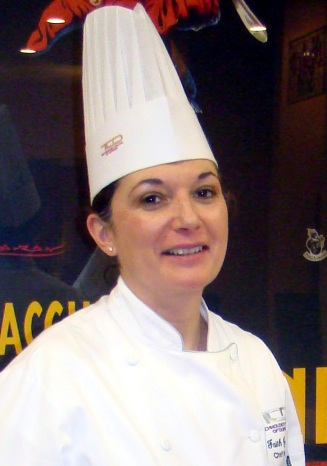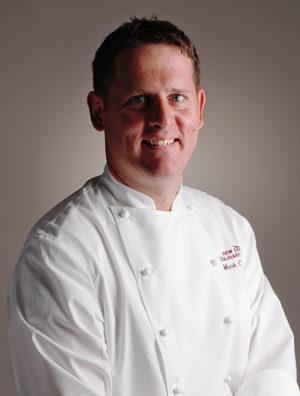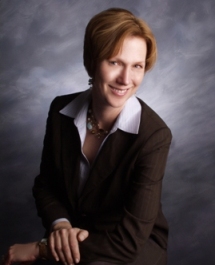Guest Speaker: My Culinary Awakening in Europe
Sunday, 31 October 2010 20:00By Michael Riggs, Ph.D., CEC, FMP
 Part 1 of a two-part story of an educator’s learning excursion this past summer.
Part 1 of a two-part story of an educator’s learning excursion this past summer.
Over the summer of 2010 I was given a unique opportunity to spend 14 days in England at Oxford University studying the history of European cuisine. First let me say that what took thousands of years to develop could not be researched in 14 days even with the 100 miles of books at the Oxford Bodleian Library. But what I did learn and experience came in the form of the best kind of research, eating and having conversations with chefs, restaurateurs and the people of the countries I visited. Let’s begin my journey …
London
Truly an “international cuisine city” with more than 100 cuisines being served in some of the finest restaurants in Europe. London has gone through a culinary explosion in the past decade, according to Geoff Booth, assistant principal (vice president) of the oldest culinary school in London, which was established by Chef Auguste Escoffier and Hotelier Cesar Ritz, two of Europe’s leading industry icons of the 1900s at Westminster Kings College of Hospitality.

 Don’t forget the most important part of the training process—helping students develop their critical-thinking and problem-solving skills.
Don’t forget the most important part of the training process—helping students develop their critical-thinking and problem-solving skills. When it comes to quality of guest service, the smallest example can make the biggest impression.
When it comes to quality of guest service, the smallest example can make the biggest impression. As we enter new positions, many of us (including graduates just starting out) will want to hurry to implement our passions and agendas for change. Dr. Linda Schaumann Reese explained at CAFÉ’s recent Leadership Conference why this common approach is NOT a recipe for success.
As we enter new positions, many of us (including graduates just starting out) will want to hurry to implement our passions and agendas for change. Dr. Linda Schaumann Reese explained at CAFÉ’s recent Leadership Conference why this common approach is NOT a recipe for success. Jamie Oliver's "Food Revolution" treats a serious subject, but turns it into reality-show spectacle.
Jamie Oliver's "Food Revolution" treats a serious subject, but turns it into reality-show spectacle.